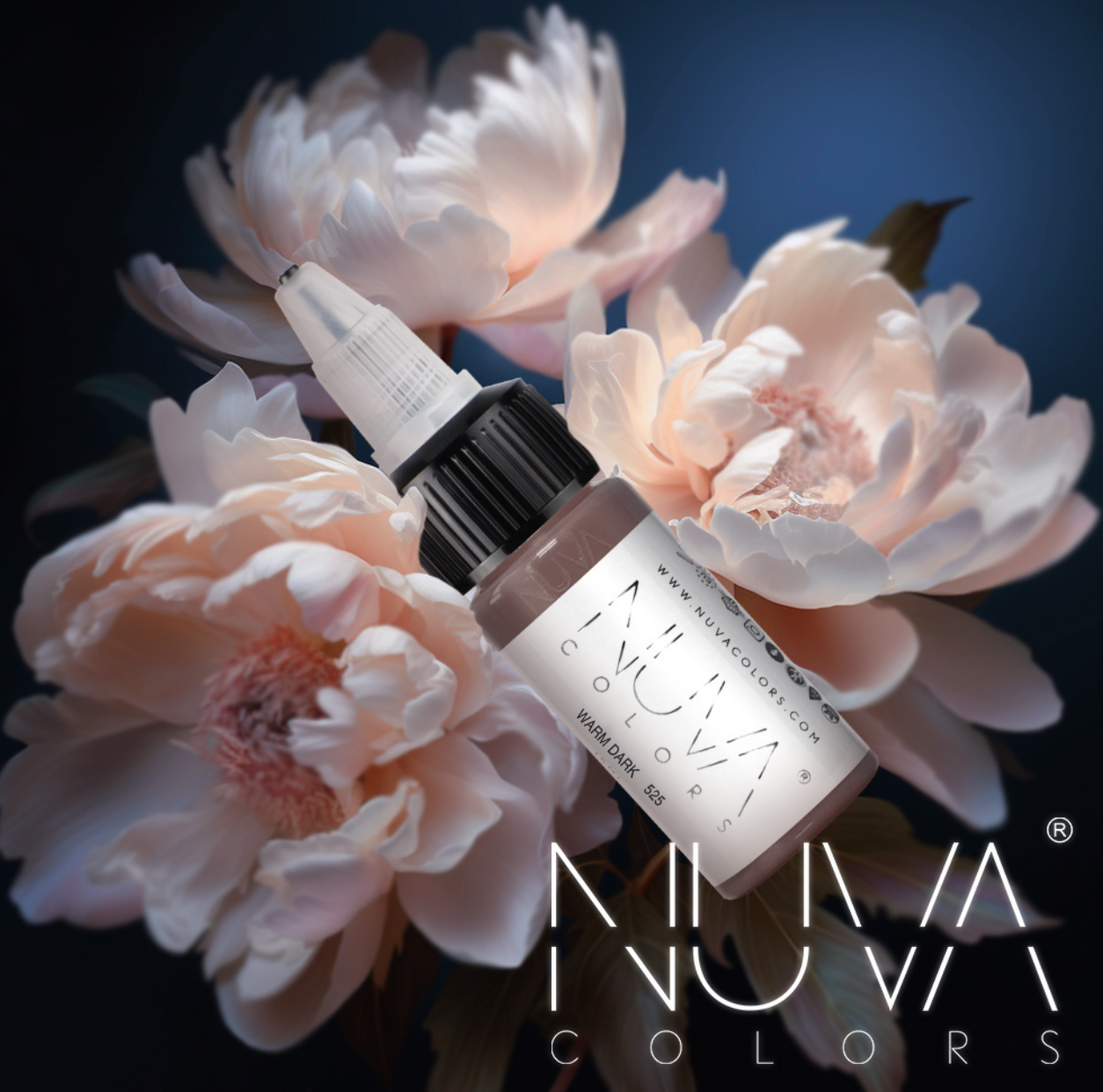
Nov 21 , 2023
The Importance of Choosing the Right PMU Ink for Clients with Anemia
Permanent makeup (PMU) is a specialized field that requires not only artistic skill but also a deep understanding of the client's health and skin characteristics. When it comes to clients with anemia, choosing the right PMU ink is crucial to ensure both the safety and the effectiveness of the procedure. Anemia, a condition characterized by a deficiency in the number or quality of red blood cells, can affect the skin's healing process and its reaction to PMU procedures. Here, we discuss the key factors to consider when selecting PMU ink for an individual with anemia.
Understanding Anemia and Skin Health
Skin Sensitivity: Anemia can make the skin more sensitive and prone to bruising and bleeding. It's essential to choose PMU inks that are known for causing minimal irritation.
Healing Process: Individuals with anemia often have a slower healing process. Inks that promote a faster recovery and are less likely to cause infection or prolonged inflammation are preferable.
Ink Composition and Quality
Hypoallergenic Properties: Opt for inks that are hypoallergenic to minimize the risk of allergic reactions, which can be more pronounced in individuals with anemia.
Metal Content: Some PMU inks contain metals that can cause allergic reactions or interact with magnetic resonance imaging (MRI) scans. It's advisable to use inks with low or no metal content.
FDA Approval and Compliance: Choose inks that are FDA-approved or comply with similar regulatory standards, ensuring their safety and quality.
Color Selection and Pigment Retention
Pigment Retention: Anemia can affect how well the skin retains pigment. Test patches may be necessary to observe how the ink settles and fades over time.
Color Choice: Given the potential for altered pigment retention, careful consideration of color choice is important. Subtle, natural shades may be more suitable as they are less likely to result in noticeable changes if the color fades irregularly.
Client Consultation and Customization
Detailed Consultation: Before proceeding with any PMU procedure, a thorough consultation with the client is essential. This should include a discussion about their anemia, any medications they are taking, and their overall health.
Patch Testing: Conduct patch tests to check for any adverse reactions to the ink, given the client's anemic condition.
Customized Approach: Every client is unique, and this is especially true for those with health conditions like anemia. Tailor the PMU procedure and ink choice to the individual needs and health considerations of the client.
Conducting an Effective Fitzpatrick Test
Fitzpatrick Skin Typing: A detailed Fitzpatrick skin type assessment is crucial, especially for clients with anemia. This test helps in understanding how the client's skin will respond to the pigment and the healing process.
Expertise in Assessment: It's important to have a highly experienced professional conduct the Fitzpatrick test to ensure accurate results, which is critical in choosing the right ink color and type for the best outcome.
Conclusion and Aftercare
In conclusion, while PMU can be a safe and effective procedure for individuals with anemia, special considerations regarding ink choice and application are necessary. By selecting the right ink, considering the client’s health condition, and providing tailored aftercare, PMU specialists can ensure a successful outcome. It's also crucial to provide comprehensive aftercare instructions to the client, emphasizing the importance of following them meticulously to ensure the best possible healing and retention of the pigment.
The selection of PMU ink for someone with anemia should be approached with careful consideration, balancing the desire for aesthetic enhancement with the paramount importance of client safety and health.





